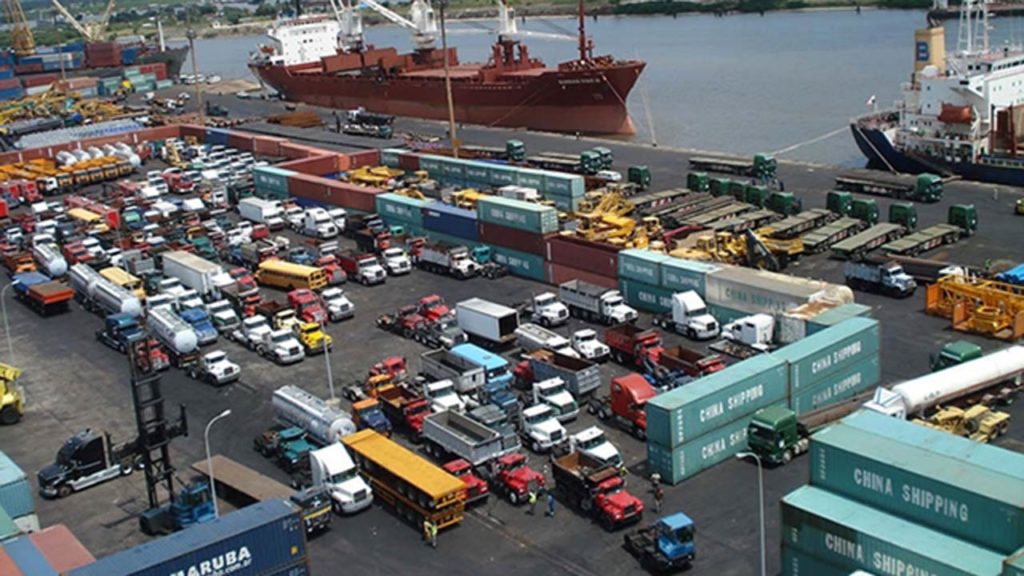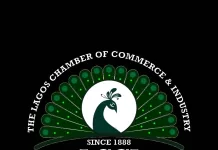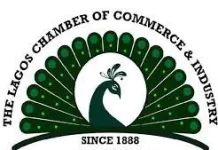Former President, Lagos Chamber of Commerce and Industry (LCCI), Mr Babatunde Ruwase, says the issues of corruption at the nation’s ports can be checked by automation.
Ruwase made his view known at a webinar organised by the Maritime Anti-Corruption Network (MACN), with support from Siemens AG and in partnership with the Convention on Business Integrity (CBI) on Thursday.
The topic of the webinar was,’Corruption in the Cargo Clearance Process at the Nigerian Port’.
He said that what should be done to address the problem was to automate the system, have a single window that would ensure checks on what one was doing.
“Presently in the port, the system is so structured that you cannot do something without paying your way out and the various reforms put in place have not gotten the required impact.
“We need to get out of this manual inspection, have timelines, an ombudsman system, and ground rules that are clear to eliminate corruption in the port,” he said.
In his contribution, Dr Kayode Opeifa, Vice-Chairman, Presidential Task Force on Restoration of Law and Order in Apapa, said there was a need to know those involved in cargo clearance at the ports.
“There are people called ‘Movers’ in the port and also some calling themselves stakeholders who do not have business at the port, but their activities have led to corruption and this needs to be checked.
“All stakeholders must show interest if we want to remove corruption at the ports, we should not allow touts to take over,” he said.
READ ALSO: Nigeria lost $1.4bn to importation of chemicals in 2019 – DG NARICT
He said that the standard operating procedure of all involved in cargo clearance should be looked into, as some organisations have the policy, but on paper and not implemented.
Mr Olayiwola Shittu, former president, Association of Licensed Customs Agent (ANLCA) said discretionary powers of officials who run cargo processes and unwillingness to tackle issues fuel corruption at the nation’s ports.
Shittu, also the Managing Director, Borderless Alliance, said that the unwillingness to tackle issues arising from cargo clearance and the delay which led to extra cost made some people to cut corners.
“I have been in the port business since 1969 and there have been issues of corruption in the port, it is a very difficult issue that has been tackled by various stakeholders, all to no avail.
“It is so unfortunate because there are so many determinants to corruption in the port, such as the shippers and their agents, terminal operators, security agencies, transport and haulage companies and government agencies.
“All these determinants have their various functions and powers, and as long as they have discretionary powers and no way of being challenged, it becomes a problem and leads to facilitating of corruption in the port,” he said.
Shittu said that there was need for a Central Ministerial Intervention Agency to harmonise decisions in the port, as time wasted in the supply of cargo was the fertile ground that created and facilitated corruption.
Mr Muda Yusuf, Director General, LCCI, said that service system and systemic issues made it difficult to tame corruption in the ports.
According to him, there is problem of impunity and there are no structured, reliable and dependable processes of redress.
He said that in the chamber of commerce, it had been a very frustrating experience trying to intervene in some matters, and they had approached the authorities most times without making headway.
Yusuf said that trade facilitation with a form of measurement should be the Key Performance Index (KPI) for all involved in cargo clearance, rather than revenue.
Mr Vivek Menon of the MACN said that they had embarked on a project with the Federal Government to achieve port efficiency and address challenges.
“We did a Corruption Risk Assessment and came out with a Standard Operating Procedure of the various agencies such as the Customs, Port Health that come on board for inspection and decided on best way to harmonise them to reduce time.
“Also, there is a Grievance Report Mechanism whereby one can lay complaints to be addressed and we have been able to successfully tackle eight cases last year,” he said.
MACN is a global business network working towards the vision of a maritime industry free of corruption that enables fair trade to the benefit of society at large.




